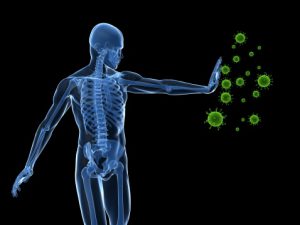When looking for a routine that can bring wellness to your entire being, you don’t have to climb a mountain in Tibet or strip away all food you love. Experts say that the best way to bring a wellness routine into your life is through a series of small changes that will gradually make a difference.
Changes such as:
- Meditation – Take a moment in the morning to meditate. It will set the tone for the day and clear your head to prepare for what the day may bring.
- Music – Play calming music. The body’s internal rhythms sync with the rhythms of music. By focusing on the music and its melody, you will start to feel your breathing and heart rate begin to slow down, bringing you to a much calmer place
- Plan a trip – According to research, happiness spikes when planning a trip.
- Put down your smartphone – When the impulse to pick up your phone comes, and you resist it, you may feel a wave of anxiety. Don’t panic! Breath through the anxiety and you will see that there is calm that will follow.
- Breathe deeply – Sit in a comfortable place, breathe naturally and settle your attention on your breath. With each inhale and exhale, mentally repeat the words “in” and “out.” Even if you mind wanders, don’t get distracted; just bring your attention back to your breathing.
- Don’t check your email when you first wake up – When you wake, sit silently and allow your mind to wander. Take 10 minutes to just center yourself before you start your day.
- Walk – Use part of your lunch break to take a walk. This activity will aid with digestion, keep you active and relieve stress.
No one likes change and it rarely comes easy. That’s why slowly incorporating small steps toward your goals overtime can lead to huge changes in the long run.
All content of this newsletter is intended for general information purposes only and is not intended or implied to be a substitute for professional medical advice, diagnosis or treatment. Please consult a medical professional before adopting any of the suggestions on this page. You must never disregard professional medical advice or delay seeking medical treatment based upon any content of this newsletter. PROMPTLY CONSULT YOUR PHYSICIAN OR CALL 911 IF YOU BELIEVE YOU HAVE A MEDICAL EMERGENCY.



